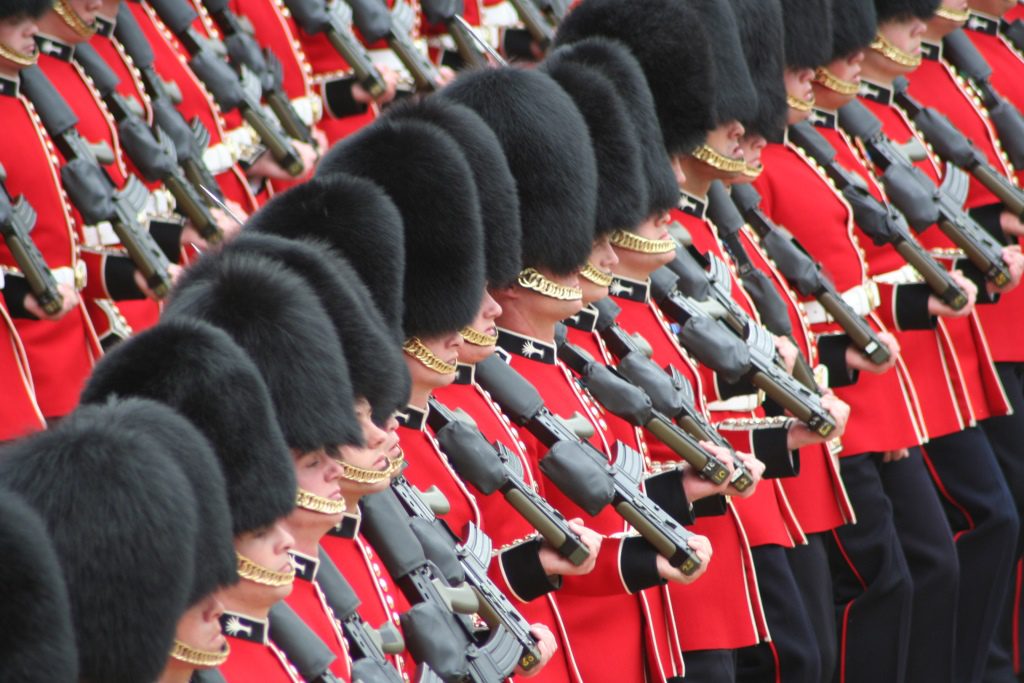NATO allies are to deploy four multinational battalions to Estonia, Latvia, Lithuania and Poland to help deter any potential Russian threat to the region.
Reuters reported on Tuesday that the UK, the US and Germany agreed to send a battalion each, “to help deter any show of force such as that deployed by Moscow in Crimea in 2014”.
Canada is expected to deploy a fourth battalion which is likely to be stationed in Latvia. The UK will send a battalion to Estonia, the US to Poland and Germany to Lithuania, Reuters added.
Deploying the battalions “should send a very strong signal of our determination to defend the Baltic states and Poland in the face of continued Russian aggression”, according to the British defence minister, Michael Fallon.
According to the Wall Street Journal, the four battalions are to be a force of about 4,000 troops. The US deputy secretary of defence, Robert Work, confirmed the overall size of the force to the newspaper and said the buildup was a response to more Russian activity around the Baltics – Lithuania, Latvia and Estonia – where tensions have been rising.
NATO secretary-general Jens Stoltenberg said on Monday in a press conference that the troop deployment “will send a clear signal that NATO stands ready to defend any ally”.
Meanwhile, the Russian president, Vladimir Putin, ordered snap checks on combat readiness across the country’s armed forces. Russia’s defence minister Sergei Shoigu said, according to Reuters, that the goal of the drill was to ensure the ability of the country’s military to “carry out planned activities, including mobilisation”.
I
Cover: Welsh Guards (British Army) trooping the colour (Wikimedia Commons)


A very small and reasonable deployment. Given the size of the forces on the other side of the border this deployment is mostly political and could not even operate as a significant delaying force in the event of a determined invasion. Nevertheless the deployment is very valuable as it increases the political and military consequences of any reckless military action while not unduly threatening that unpredictable major power.
In other words it provides a valuable deterrent without being counter productive.
I assume that moderate levels of naval and air forces will also be permanently deployed.
The Baltic States have no real alternative but to expand the size of their armed forces but must do this as cost effectively as possible given their very limited financial resources. Universal conscription such as practised in Finland and Estonia may be unavoidable with a professional core to maintain high standards.
EU and NATO members could help much more financially, rather than just basing military forces, by assisting with the expansion of local military production, maintenance support and secure basing facilities, providing equipment at low cost and with maintenance support.
As members of the Euro-zone, the three Baltic States are entitled to a share on a per capita basis of all stimulatory, or deficit funded Euros that emanate from the European Central Bank. If this is not provided than these nations must seriously consider re adopting their original national currencies while remaining in the EU. Possessing a sovereign currency (creation rights) has major advantages during times of national emergency as it allows very large levels of deficit funding to be provided without undue financial risk.